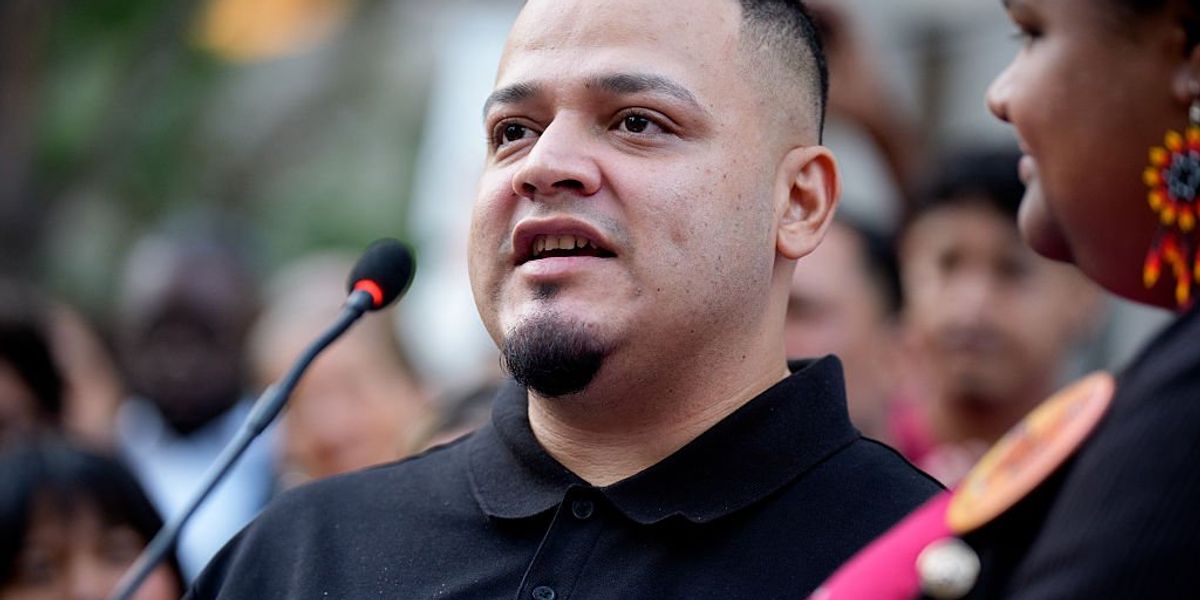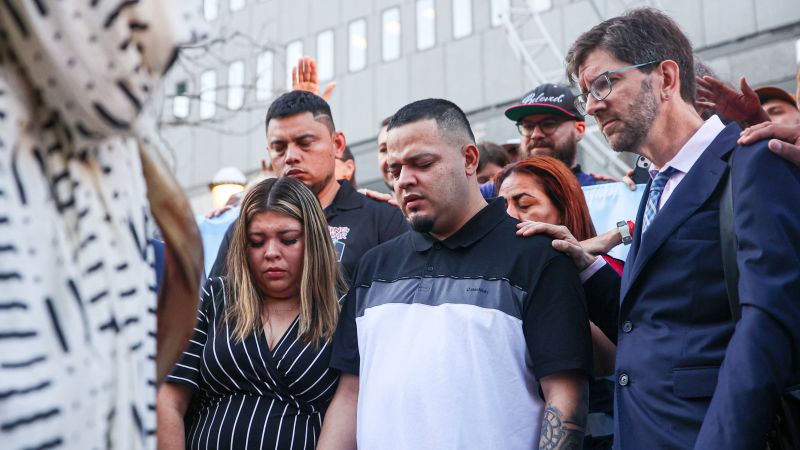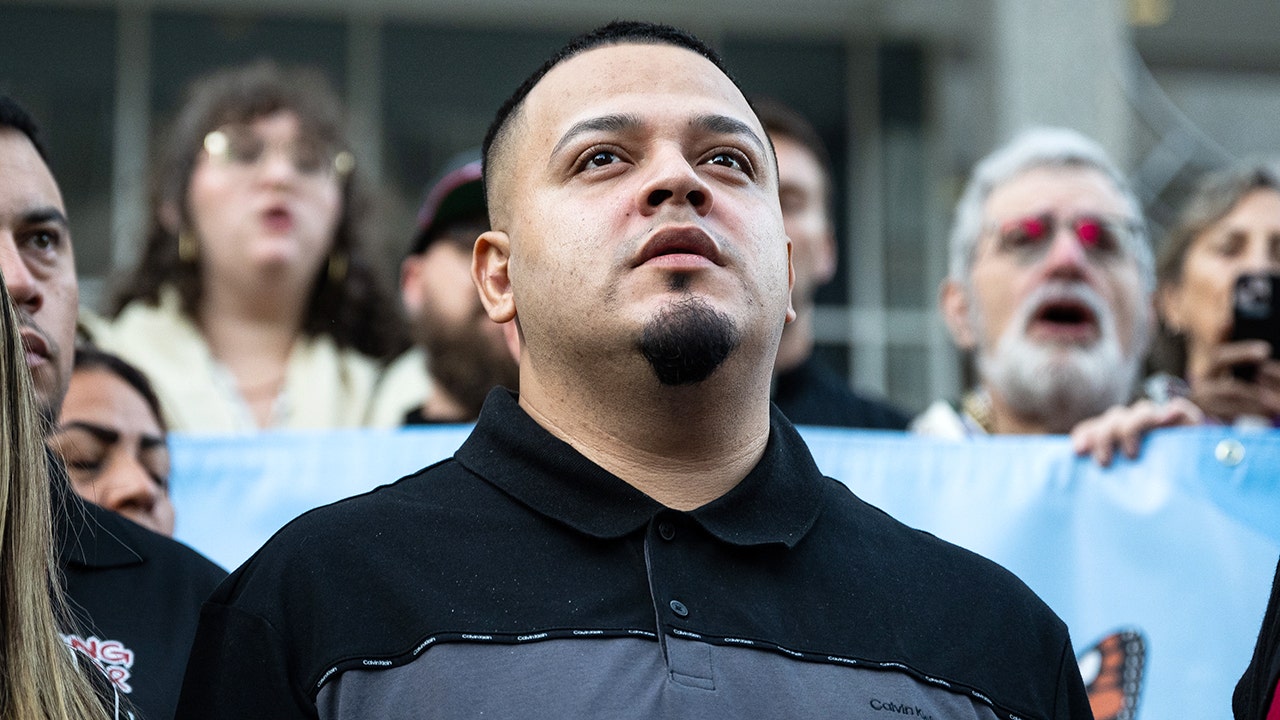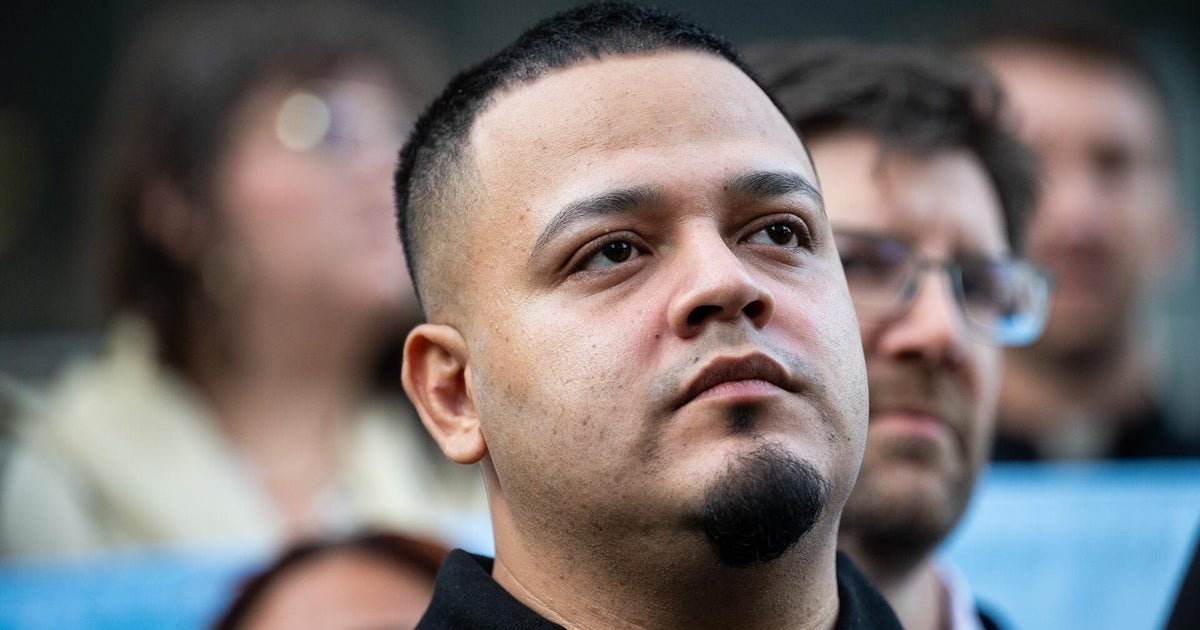Trump Administration Pursues Deportation of Kilmar Abrego Garcia to Eswatini Amidst Complex Legal Battle and Political Scrutiny
The Trump administration is moving to deport Kilmar Abrego Garcia to Eswatini, despite his stated fears of persecution and a prior mistaken deportation to El Salvador, drawing Democratic opposition.
Subscribe to unlock this story
We really don't like cutting you off, but you've reached your monthly limit. At just $5/month, subscriptions are how we keep this project going. Start your free 7-day trial today!
Get StartedHave an account? Sign in
Overview
- The Trump administration is moving to deport Kilmar Abrego Garcia to Eswatini, Africa, despite his stated fears of persecution in 22 nations and prior protections.
- Federal authorities are currently weighing deportation to either Eswatini or El Salvador, where Abrego Garcia was previously mistakenly deported and held in prison.
- Abrego Garcia faces U.S. criminal charges for human smuggling, having been released from a Tennessee prison before his impending deportation proceedings.
- His legal team denies allegations of criminal activities and MS-13 gang membership, which federal government accusations have previously included in the case.
- Democrats have publicly rallied behind Kilmar Abrego Garcia, drawing significant attention to the controversial and complex nature of his ongoing deportation case.
Report issue

Read both sides in 5 minutes each day
Analysis
Center-leaning sources frame this story by highlighting the complex and challenging legal ordeal of Kilmar Abrego Garcia. They emphasize the government's shifting deportation targets, past "administrative errors," and the "notorious" conditions he faced, while giving significant space to his attorneys' arguments and denials. This collective editorial approach cultivates a narrative sympathetic to Abrego Garcia's plight.
Articles (6)
Center (1)
FAQ
Kilmar Abrego Garcia is a Salvadoran man who immigrated illegally to the United States as a teenager to escape gang threats. He faces deportation due to a final removal order under the Trump administration, amid allegations of human smuggling and supposed ties to the MS-13 gang, which he denies.
Abrego Garcia claims he fears persecution or torture in at least 22 different countries, including Uganda and Eswatini, which are designated as countries for his potential deportation. This fear is based on his prior experiences and concerns about mistreatment or persecution in those countries.
Controversies include his prior wrongful deportation to El Salvador where he was imprisoned without trial and allegedly subjected to mistreatment, the denial of his criminal charges related to human smuggling, the government's pursuit to deport him despite claims of persecution, and political opposition, especially from Democrats and civil liberties groups.
Democrats and civil liberties organizations like the ACLU have publicly opposed the deportation efforts, citing the wrongful deportation, alleged mistreatment, the complexity of his case, and concerns about persecution. They have criticized the administration's actions as cruel and vindictive.
The Trump administration maintains that Kilmar Abrego Garcia is an illegal immigrant and an MS-13 gang member, justifying their efforts to deport him. They have also tried to coerce him into accepting deportation to Costa Rica as part of a plea deal related to smuggling charges.
History
- 2M

 3 articles
3 articles





